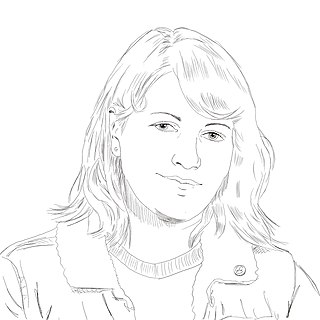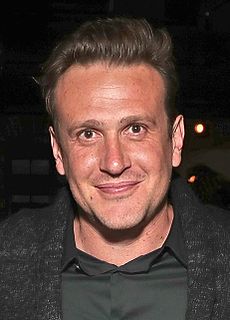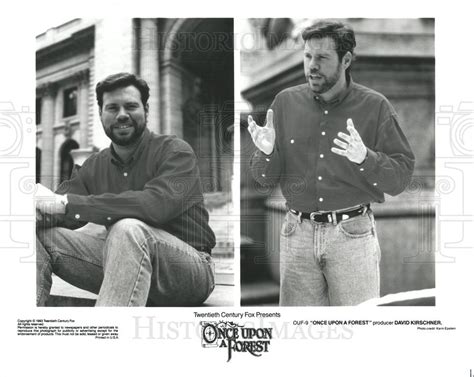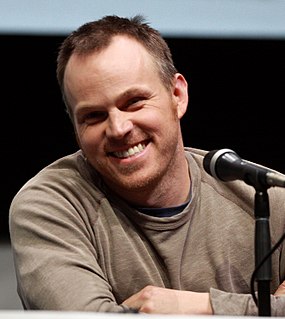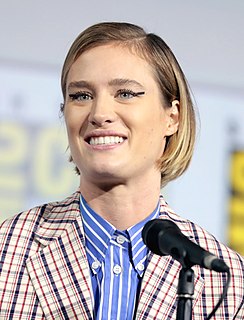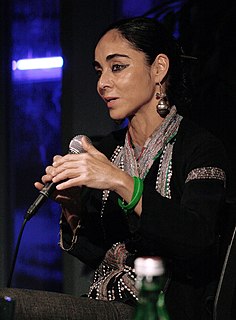A Quote by Mark Strong
I just like voicing films in general. I do a lot of documentary work and it's a short hop really to narrating a character, especially if you're on film and you're there in a visual way. It sounds obvious, but voicing an animation really focuses you on the way that you're communicating through your voice. It's a very specific ability that you need to be able to have in order to pitch it just right.
Related Quotes
In voicing so much is left to your imagination to create the world around you like that. It's really the essence of what's so fun for, I think, many people when they first start to want to be an actor, is that they realise they enjoy making up a world around them to exist in, a whole situation and a whole way of being. And even more so than theatre, animation requires that because there's just nothing to go on. It's in your head and your heart or it's not there at all.
There was a whole cut of the movie where Tom Holland decided to try a woman's voice for the voice of Chucky, proceeding from the logic that it worked with Mercedes McCambridge voicing the voice of Satan in "The Excorsist" so he thought he would give it a try. It didn't really work. Chucky just sounded kind of gay.We brought that back in Seed of Chucky.
I think it's really important, when you're redefining a character [ Spider-Man], for the audience to experience things that they haven't experienced, from the ground up. I wanted to build a character. I feel like point of view is a really crucial thing in the story, and that you need to build up the emotional building blocks, so that you can experience all the other emotions in a very specific way, rather than just experiencing it in an intellectual way.
I feel that so many sci-fi films and films in general have just become really dependent on and addicted to CGI, and that some of the big CGI films of the summer, you see these effects that look like crap. You don't know if you're watching a cartoon or something that's real. And I didn't want to fall into that trap. I really thought there was a way to use a lot of these old techniques to do some new and really neat stuff.
I had a hole in my voice. It's an area in the voice where it's air. It's just - there's no - it's just very airy. And my classical teachers were just so frustrated with me because I would have these deep, low notes that were really strong, and the higher register was strong, but right in that middle area, it was really hard. It was like a passage. And many singers go through this and work it out. But I realized in jazz, I could just take advantage of that and take advantage of having a voice that was very different in different areas.
It's difficult to make movies. For me it was easier, as a refugee in Switzerland, to make documentary films, because I didn't need a lot of money for it. The way I tell my story or my opinion would be very similar in both fiction and documentary forms. But I found I could speak more effectively to convey this brutal reality through documentary than I could through fiction.


